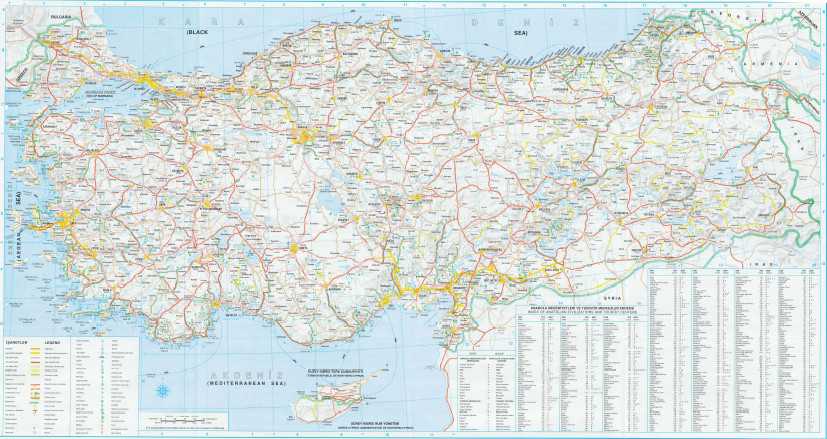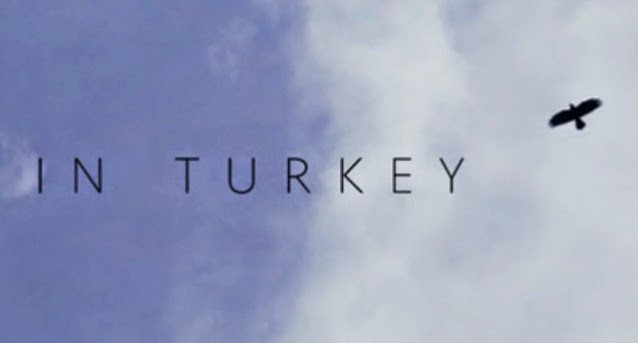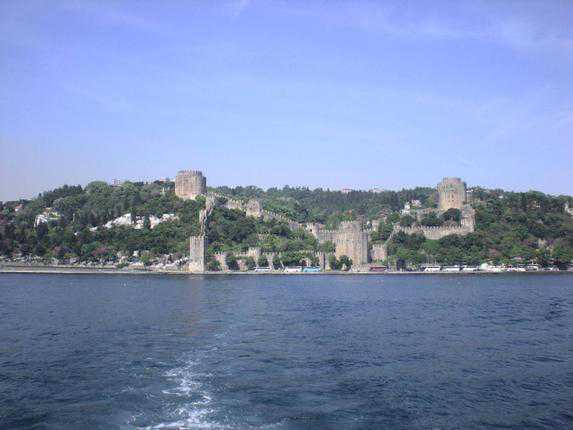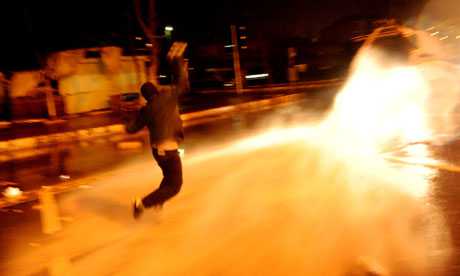By MARC CHAMPION
ISTANBUL—A decision to bar an elected Kurdish candidate from Turkey’s Parliament triggered protests and warnings of “chaos” from a top Kurdish politician on Wednesday.
Turkey’s High Election Board ruled late Tuesday that Hatip Dicle, one of 36 Kurdish-backed candidates to win a seat in elections June 12, wouldn’t be allowed to enter Parliament because of a prior conviction for spreading terrorist propaganda.
The election board and courts are still deciding whether to release from jail nine elected candidates, including Mr. Dicle and five backed by the Kurdish Peace and Democracy Party, or BDP, so they can take their seats in Parliament. The three non-BDP candidates—a former university rector, a journalist and a retired general—are awaiting trial on charges of taking part in terrorist conspiracies to bring down the government.
Under Turkish law, anyone convicted of a terrorism-related charge can’t enter Parliament. Mr. Dicle lost an appeal against his 2010 conviction earlier this month. However, Kurds and many human-rights lawyers argue that Turkish terrorism laws are unduly broad.
The decision to bar Mr. Dicle raised tensions in Turkey’s large ethnic Kurdish minority, after an election campaign that featured attacks by Kurdish terrorists and a toughened stance from Prime Minister Recep Tayyip Erdogan toward Kurdish demands for greater language and political rights as he sought nationalist votes.
“This decision has openly shown what the state’s real approach and understanding of a solution to the Kurdish problem is,” Ahmet Turk, a former Kurdish party leader elected to parliament on a ticket backed by the BDP, said in televised remarks Wednesday. “This is a decision that will draw Turkey into chaos.”
Two policemen were killed in an explosion Wednesday while driving in the Eastern province of Tunceli, the state-run Anadolu Ajansi reported. No group had claimed responsibility for the attack by afternoon. The banned Kurdish Workers Party, or PKK, is active in the area.
A sit-in was held in the main Kurdish city of Diyarbakir on Wednesday to protest the decision to bar Mr. Dicle, the Firat news agency reported. A Facebook campaign was under way to organize a demonstration in Istanbul in the evening.
Mr. Erdogan began an initiative during his last term in office aimed at resolving Turkey’s long-running Kurdish problem. A war between Turkish security forces and the PKK that started in 1984 has claimed up to 40,000 lives. There was widespread disappointment among Kurds as Mr. Erdogan appeared to backpedal on the initiative in the face of nationalist opposition within Turkey.
The government is expected to make resolving the Kurdish issue a high priority in its new term, amid reports Mr. Erdogan will create a cabinet-level portfolio to deal with the issue. Analysts say unrest in Syria, which borders Turkey’s Kurdish regions, has increased the urgency of resolving the Kurdish problem.
If Mr. Dicle remains barred from Parliament, the runner-up for his seat in Diyarbakir, who is from Mr. Erdogan’s ruling Justice and Development Party, or AKP, would take his place.
Prior to the June 12 elections, the election board announced it was barring seven Kurdish candidates from running, but then reversed under pressure its decision on six of them.
Mr. Turk had warned that all 36 Kurdish-backed candidates would boycott the new 550-seat Parliament if Mr. Dicle wasn’t reinstated. But Altan Tan, also elected on a BDP-backed ticket in Diyarbakir, said in a phone interview that no formal decision had been made and a discussion was expected on “the pros and cons, and the consequences” of a boycott.
—Ayla Albayrak contributed to this article.
via Ban on Kurdish Lawmaker Sparks Protests – WSJ.com.






